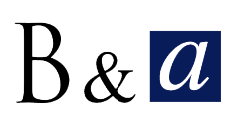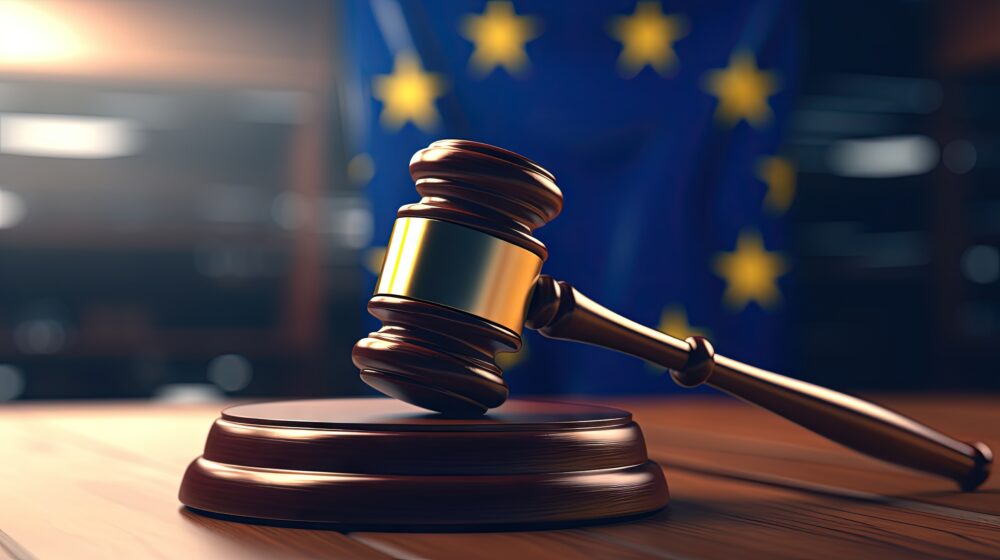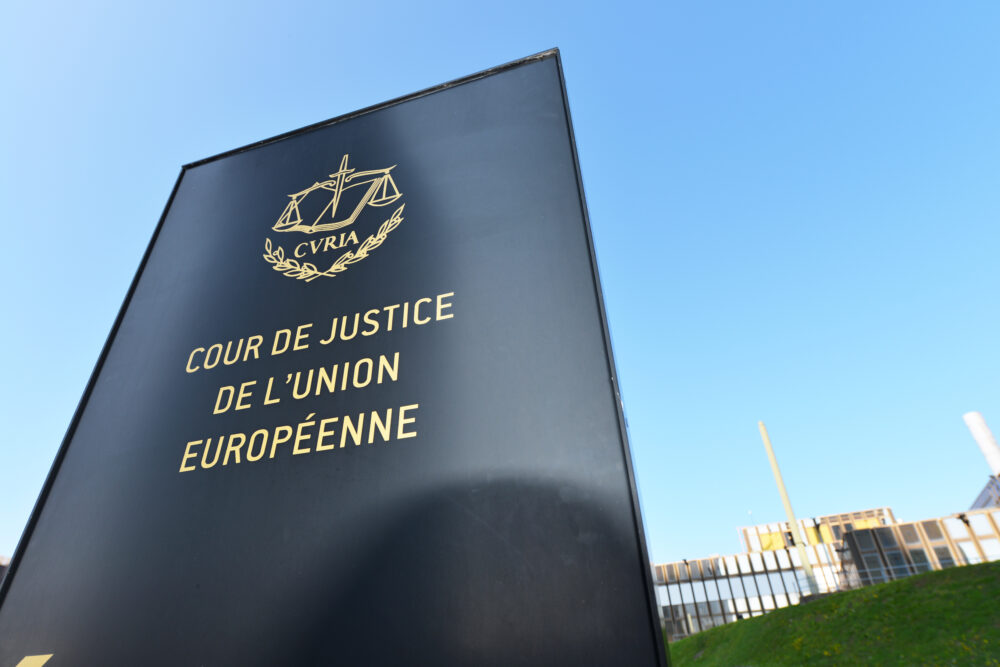To be or not to be plausible, that is no longer the question. On March 23, 2023, the Enlarged Board of Appeal of the European patent office (EPO) rendered its long awaited decision addressing the question as to whether relying on post-filing evidence should be accepted to support inventiveness of a claimed invention.
Many examination and opposition procedures, as well as Appeal cases, had been suspended since November 2021, while waiting for the Enlarged Board of Appeal to shed light on the controversial notion of “plausibility”.
In a 75 page long, yet fluid, decision, referring to no less than 20 amicus curiae briefs, 3 observations by third party, 67 decisions of the Boards of Appeal, a number of national decisions, doctrine and references (all listed), the Board arrives at a rather simple conclusion, which we cannot help but applaud.
The Enlarged Board of Appeal recognized the effort of the referring Board to distinguish three lines of case law with respect to the requirement of inventive step (Art. 56EPC):
- “ab initio plausibility” : post-published evidence can be taken into account if there is some preliminary data or at least a technical reasoning in the application as filed to support a technical effect
- “ab initio implausibility” : post-published evidence must always be taken into account if the technical effect is not implausible, and
- “no plausibility” (the concept of plausibility is rejected).
However, when analyzing the case law in more detail, the Enlarged Board of Appeal, dismissed such abstractness and found that “the core issue rests with the question of what the skilled person, with the common general knowledge in mind, understands at the filing date from the application as originally filed as the technical teaching of the claimed invention”.
To put it in a nutshell, a patentee may rely upon post-filed evidence in support of a technical effect if the skilled person would derive such technical effect from the original patent application as filed, or would consider it as being “encompassed by the technical teaching and embodied by the same originally disclosed invention”.
The practice should not change : inventive step should be analyzed on a case-by-case basis, considering what the skilled person understood from the application as filed.
Much ado about nothing, then?
While the decision has the merit of closing the debate on the ill-defined notion of plausibility in connection with inventive step, it also brings interesting comments extending to the requirement of “sufficiency of disclosure” (Art. 83EPC), especially for claims to a medical use. In such cases when the therapeutic effect is actually a feature of the claim itself, sufficiency of disclosure will be denied if it would not be credible to the skilled person that the therapeutic effect is achieved. Providing post-published evidence to remedy the absence of the experimental data in the patent application as filed will not help.
The Enlarged Board of Appeal thus confirms what European patent practitioners in the pharmaceutical, chemical or life science areas have been struggling with for years. Filing a patent application without at least some supporting data or detailed scientific rationale will turn out most challenging.




